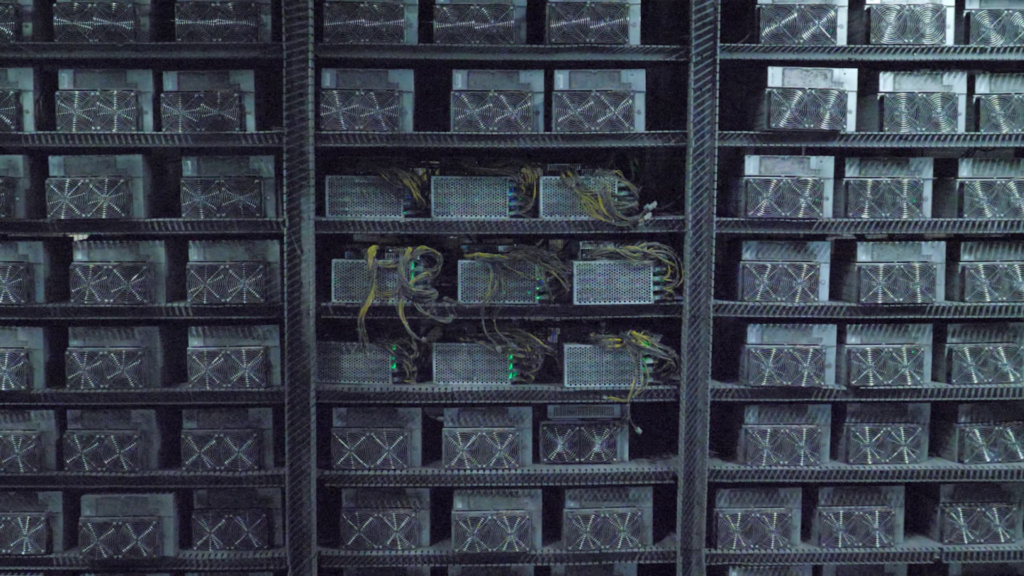The bill, which is swiftly making its way through the state capitol in Albany, calls for a two-year moratorium on certain cryptocurrency mining operations that use proof-of-work authentication methods to validate blockchain transactions.
Lawmakers sponsoring the legislation say they are looking to curb the state’s carbon footprint by cracking down on mines that use electricity from power plants that burn fossil fuels.
“New York will be left behind, losing to other states at best, and at worst, other more progressive nations.
At this point, the State Assembly has passed the bill, and it is now under consideration by the Democratic-controlled State Senate, which will soon vote on the measure.
Miners compete in a low-margin industry where the only variable cost is typically energy, so they have a strong economic incentive to migrate to the world’s cheapest sources of power – which also tend to be renewable.
The state also has a chilly climate, which means less energy is needed to cool down the banks of computers used in crypto mining, as well as a lot of abandoned industrial infrastructure that’s ripe for repurposing.
But not all operations run on renewables.
The northern border town of Plattsburgh temporarily enacted its own local ban on cryptocurrency mining operations in 2018, and just last year, politicians tried to shut down parts of the mining industry statewide.
One section of the bill currently under consideration in Albany involves conducting a statewide study of the environmental impact of proof-of-work mining operations on New York’s ability to reach aggressive climate goals set under the Climate Leadership and Community Protection Act, which requires New York’s greenhouse gas emissions be cut by 85% by 2050.
Beyond potentially stifling investment in more sustainable energy sources, industry advocates tell CNBC that each of these facilities drives significant economic impact with many local vendors consisting of electricians, engineers, and construction workers.
“There are many unions labor unions who are against this bill because it could have dire economic consequences,” said Boring.
Texas has crypto-friendly lawmakers, a deregulated power grid with real-time spot pricing, and access to significant excess renewable energy, as well as stranded or flared natural gas.
“In my state, we export a great deal of energy, both hydrocarbon energy and green energy.
